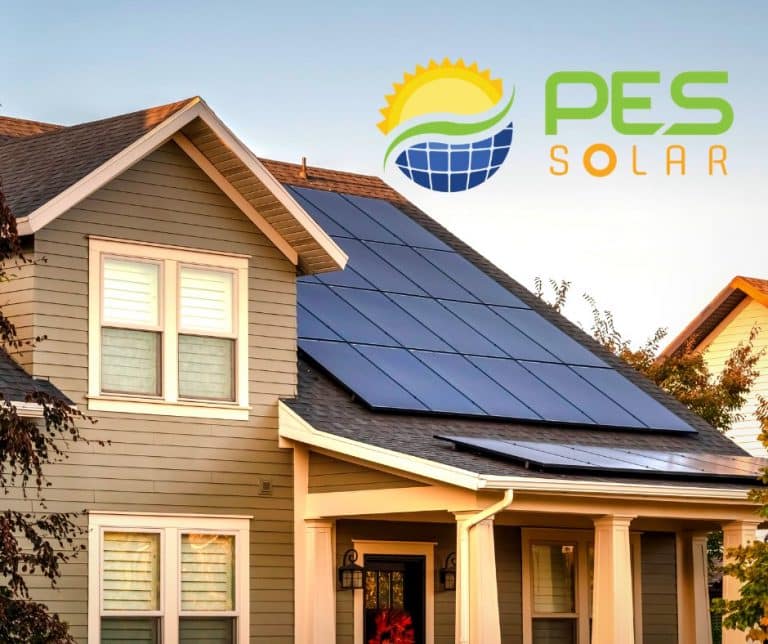When it comes to residential solar energy storage, there are two types of batteries that are most commonly used: lead-acid, which has been around for over 100 years, and lithium-ion, which gained popularity in the 1990s. To help you make an informed decision on which type of battery to go with when purchasing your solar panel system, here are some of the pros and cons of lead-acid and lithium-ion batteries.
Lead-Acid Batteries
The lead-acid variety has been in existence since 1859, and it’s likely to be on the market for years to come. However, they’ve only been used to store solar power for homes since the 1970s. Here are some of the advantages and disadvantages of using lead-acid batteries for your solar energy storage systems.
Advantages
- Larger and rechargeable power supply – While they’re similar to car batteries, the lead-acid batteries used for home energy storage have more storage capacity and can be used and recharged much more often than a regular vehicle battery.
- Less costly – Traditionally, lead-acid batteries costs less than lithium-ion, making them more attractive to homeowners.
Disadvantages
- Shorter lifespans – Lead-acid batteries last about five years and would need to be replaced multiple times over the life of your solar panel system.
- Low energy and depletion risk – Their lower energy efficiency and inability to store a charge after being depleted make lead-acid batteries a less desirable option for solar energy storage.
Lithium-Ion Batteries
Lithium-ion batteries are becoming more widely used for a variety of applications, including laptops, power tools, and even vehicles. They’re now included in packages for solar-powered homes as well.
Advantages
- Longer lifespan – Lithium-ion batteries generally are able to operate continuously for 10 years, and they experience much less degradation in their storage capacity. For example, research showed Tesla’s Powerwall could operate for over 15 years without losing its ability to store and discharge energy.
Disadvantages
- Higher cost compared to lead-acid batteries – The foremost disadvantage of lithium-ion batteries is price; however, the cost is coming down.
If you’re looking at installing home solar panels with a strong storage capability, then the future is moving toward lithium-ion batteries as they are only going to keep getting better and cheaper as technology advances. However, it’s best to talk to a local solar energy installer for advice before deciding on a solar panel system.
Local and Professional Solar Installation
The experienced solar installers at PES Solar have over 20 years of A+ rated experience by the BBB. To get a free quote or learn more about solar storage battery capacity, lifecycle, depth of discharge, efficiency, and warranty, contact us today.

